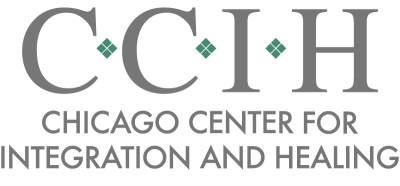
A Tremendous Power to Heal
CCIH is a group psychotherapy practice that specializes in the treatment of trauma, complex trauma (C-PTSD), and dissociation.
Traumatic experiences leave a legacy in our bodies and minds. They have pervasive effects on one’s nervous system, relationships, and sense of self in the world. They disrupt our capacity to experience a sense of safety, integrity and of connection. At CCIH we believe that by co-creating the right treatment and support, each person has a tremendous capacity to heal.
Treatment Philosophy
The goal of trauma-informed treatment is not simply the avoidance of invasive symptoms or being able to talk about a traumatic event in a particular kind of way, but being able to live a life in the present with creativity, vitality, inner peace and connection.
Our Therapists
All therapists at CCIH specialize in the treatment of trauma and complex trauma . We have different backgrounds and training, but similar treatment approaches that emphasize the importance of the therapeutic relationship, the client’s developmental history, the impact of historical and ongoing oppression, and the ways in which experience is held in and processed through the body.
Our Essential Concepts
Both our clinical work and training programs are guided by our four essential concepts, which we believe are necessary to effective trauma-informed treatment.
Integrated Approach
No single model can treat all of human experience and suffering. We believe that the basis of all trauma-informed treatment must involve privileging regulation and working in the present moment, and utilize approaches that are both relational and body-centered
Anti-Oppression Lens
Working in a body-centered way necessarily requires challenging the racism, misogyny, fatphobia, transphobia, ableism, and other forms of individual and systemic oppression present in society and the field of mental health.
Therapist Experience
Our personal history, identities and present experience come with us into the therapy room and influence the clinical relationship. Being an effective therapist requires us to interrogate our own history of wounding and implicit biases in order to create a present-centered, embodied experience.
Community Formation
Some experiences are too big for one therapist and one client to hold. Community can provide the support, holding and call to accountability that is essential to an ongoing practice.

